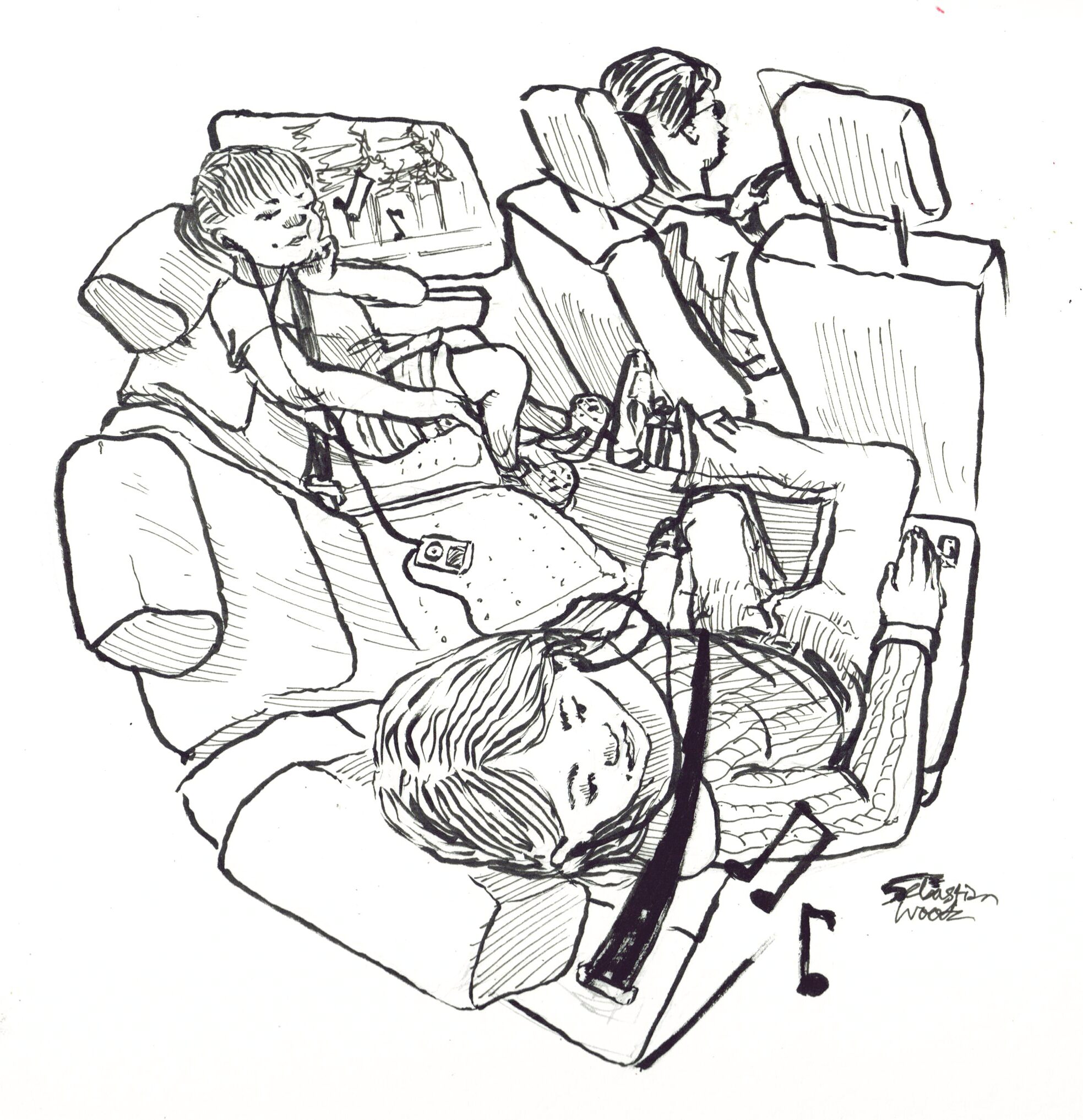Experiencing a concert can evoke powerful memories and emotions, as demonstrated during a recent performance by Playboi Carti. Attendees often find themselves transported back in time through the music, creating a unique connection between songs and significant moments in their lives. This phenomenon highlights the deep emotional resonance that music can have on individuals.
At a concert last Saturday, the opening notes of “Like Weezy” immediately triggered memories for one attendee. Instead of the booming sound of the concert speakers, they recalled listening to the song through borrowed earbuds while walking in a garden. This interplay between music and memory illustrates how even a few notes can serve as a time machine, allowing listeners to revisit past experiences.
The experience of music as a form of time travel is not limited to individual moments; it extends to the broader context of generational connections. For many, music serves as a window into the past, providing insight into the social and cultural environments of different eras. For instance, a parent tuning into the “70’s on 7” radio station can evoke childhood memories, linking them to significant life events, friendships, and the music that shaped their youth.
This emotional connection to music often varies by generation. For example, the sounds of Simon & Garfunkel or The Velvet Underground may bring back memories of simpler times for older listeners. In contrast, younger generations might find solace and nostalgia in contemporary artists such as Ken Carson or Quevedo. These preferences often reflect broader societal trends and personal experiences.
Listening to music also creates opportunities for individuals to explore their identity. The choices one makes in music consumption can impact perceptions and social dynamics. For example, certain genres or artists may be associated with specific traits, leading to assumptions about listeners based on their musical preferences. While these associations can be intriguing, they also highlight the complexity of how music influences societal views.
Reflecting on personal playlists can reveal how musical tastes evolve over time. One individual reminisced about their college application process, where they meticulously considered their “soundtrack to life.” At that moment, Lauryn Hill’s “Everything is Everything” resonated deeply. Yet, as time passed, their musical preferences shifted, showcasing the fluid nature of taste and memory.
Music’s ability to transport listeners to different times and places remains a powerful aspect of the human experience. Whether through curated playlists or impromptu listening sessions, individuals engage in a form of emotional time travel that deepens their connection to both the music and their personal history. As society continues to evolve, the role of music in shaping memories and identities will undoubtedly persist, reinforcing its importance in our lives.







